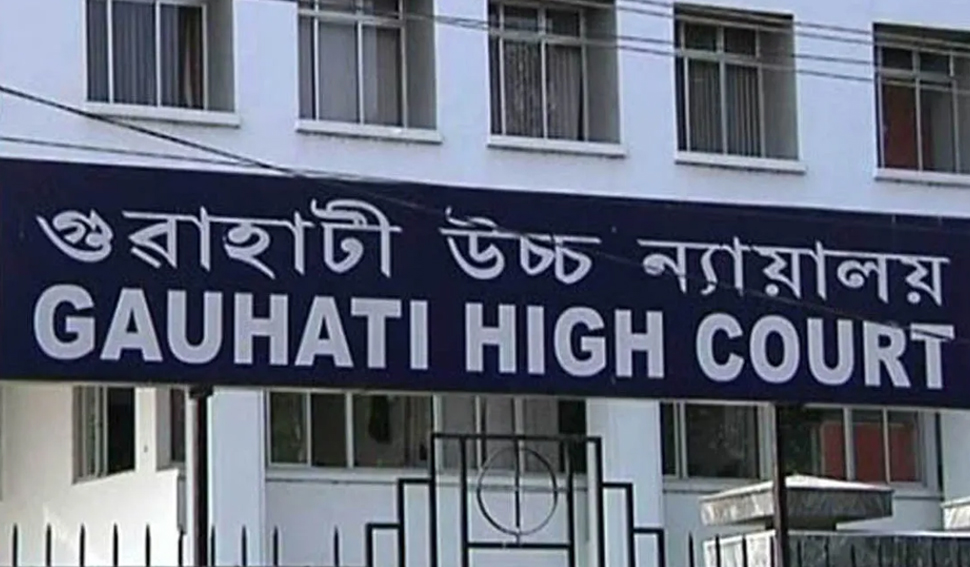Gauhati HC upholds FT order, declares a Mulsim woman as foreign national

The Gauhati High Court upheld the decision of a Foreigners’ Tribunal declaring Maleka Khatun, a resident of Barpeta district, as a foreign national. The Tribunal found that Khatun failed to provide adequate evidence to prove her Indian citizenship or that she was the daughter of genuine Indian parents.
In her writ petition before the Gauhati High Court, Maleka Khatun claimed that her parents were Indian citizens and referenced voter lists from 1966, 1970, 1989, and 1997 to substantiate her claim.
These records showed her father, Mohammad Khan, and her mother, Sopiya (or variants such as Sofiya) Khatun, listed as residents of Kumullipara in Barpeta district. Khatun also stated she was born and raised in the village, later marrying and settling in Galia. After displacement caused by soil erosion, she returned to her paternal home and was subsequently marked as a “D” (Doubtful) voter in the 1997 voter list.
A reference against her citizenship under the Illegal Migrants (Determination by Tribunals) Act, 1983, led to the registration of FT case No. 24/2016, where the Tribunal ruled that she failed to establish her citizenship. The Tribunal noted that the petitioner could not provide valid documentation or evidence of being the daughter of Indian parents as required under Section 9 of the Foreigners’ Act, 1946.
The division bench comprising Justice Kalyan Rai Surana and Justice Kardak Ete concurred with the Tribunal’s findings. The court emphasized that the petitioner did not adequately discharge her burden of proof under the Foreigners’ Act, which mandates individuals to substantiate their citizenship claims when questioned.
The judges also pointed out that witnesses (DW2 and DW3) presented by Khatun failed to provide substantive or corroborative evidence to support her claims. Consequently, the High Court upheld the Tribunal’s decision declaring Maleka Khatun a foreign national who entered Assam after March 25, 1971, without valid documentation.
The case highlights the stringent scrutiny faced by individuals in Assam under citizenship verification processes, particularly those linked to migration after 1971 as per the Assam Accord. It also underscores the evidentiary burden placed on individuals to establish their citizenship in disputes referred to Foreigners’ Tribunals.

Leave a Reply